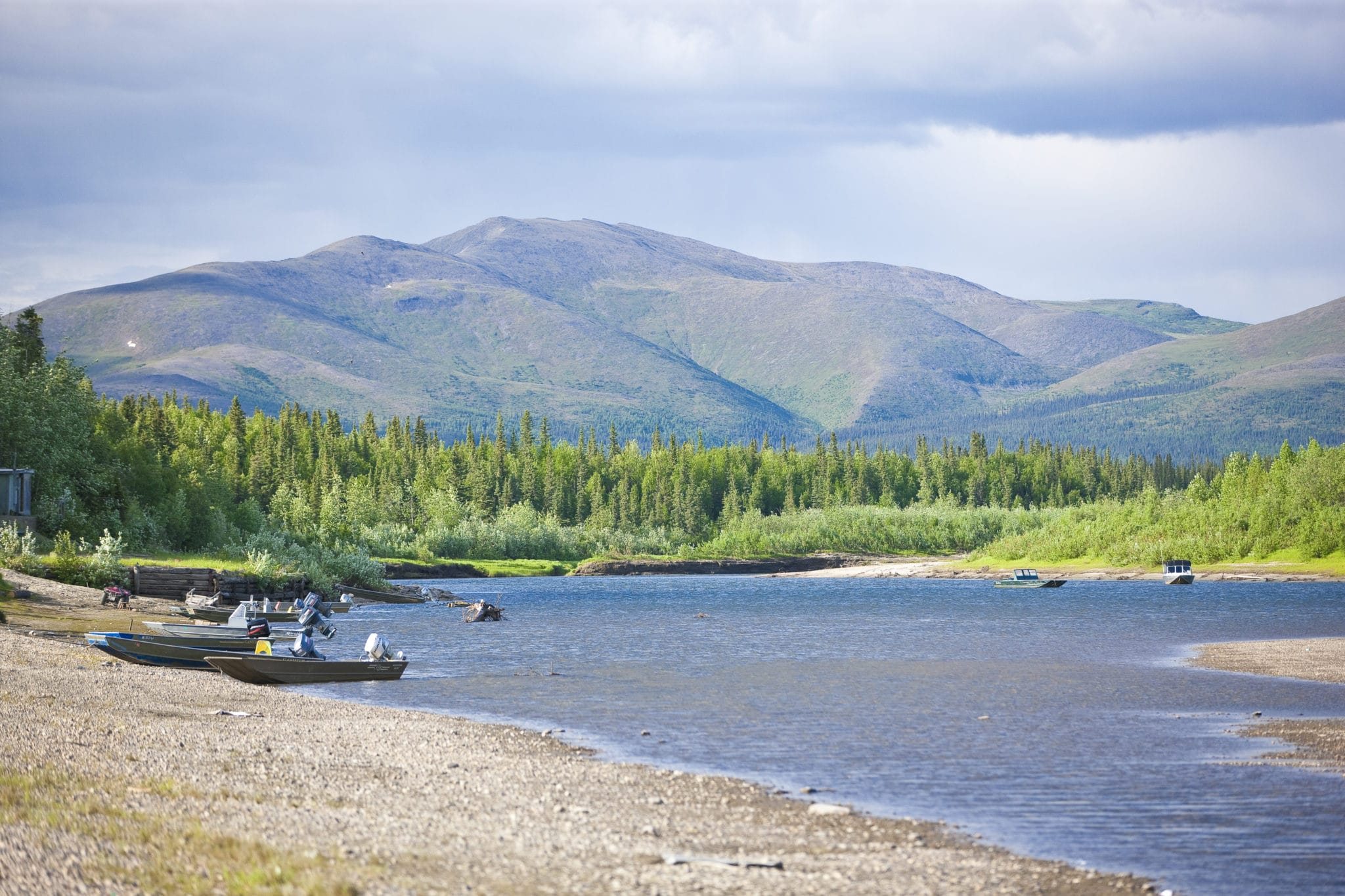KOTZEBUE, Alaska, Sept. 10, 2022 – NANA Regional Corporation, Inc. (NANA) will provide $4.4 million in funding for fuel subsidies, heating maintenance, worker training and wages, hunter support, bulk fuel tank farm assessments, and a study to determine the feasibility of a regional fuel bulk purchase program. NANA’s Board of Directors approved the spending at a special board meeting on Sept. 2 in Kotzebue.
“Assisting our shareholders with the high cost of living in the NANA region is a priority for the board. We identified that this year’s high cost of fuel is a threat to our subsistence hunters and places a burden on our shareholders in our region,” said Board Chair Utuktauraq Ely Cyrus. “With this commitment of funds, NANA’s board has taken action to ensure our Elders can heat their homes this winter and to aid with hunter success, both now and in the future.”
NANA recently conducted a home heating survey among NANA shareholders, which highlighted the challenges shareholders face:
- Over 1/3 went without heat during the winter months.
- 7 of 10 stated they have heating issues.
- 46% couldn’t afford to heat their home.
- 45% had frozen water and sewer systems as a result of heat loss.
- 38% received heating assistance.
Stove oil costs have skyrocketed in the NANA region in the past year. In four of NANA’s communities, stove oil is more than $13 per gallon, an increase of 55% to as much as 77% in the past year. Gasoline in Ambler, Shungnak, Kobuk and Noatak is at or over $14 per gallon. In the last year, gasoline costs in those communities have increased between 50% and 66%.
“Families in the NANA region suffer the consequences of inadequate transportation infrastructure,” said John Lincoln, NANA’s president and CEO. “Without road and port access, our communities rely on expensive lightering and, in many cases, air transportation for basic commodities like gasoline and heating fuel.”
NANA’s Village Economic Investment (VEI) department worked closely with NANA’s regional partners to develop the initiatives enacted by the board. The projects include:
- $500K in funding to augment Maniilaq Association’s Hunter Support Program, which issues funds to local tribes for the purchase of gasoline, motor oil and ammunition used for subsistence activities; and $100K for a new hunter support program for Elders outside of the region. The purpose is to assist hunters and gatherers in providing traditional foods for their Elders.
- $70K to support Alaska Technical Center’s (ATC) heating maintenance training. With funds from ATC, Maniilaq Association and NANA, 24 NANA shareholders – at least two from each community – will be trained to maintain home heating systems.
- $200K in wages to pay the newly certified ATC students to work in their home communities with Northwest Arctic Borough contractors. NANA’s subsidiary NANA Construction will hire the shareholder students.
- $350K to the Northwest Arctic Borough to support the Elder home heating maintenance initiative in each community.
- $350K to the Alaska Energy Authority and its contractors to provide infrastructure assessments of bulk fuel tank farms in 10 communities.
- $2.7 million for regional fuel subsidies in all 11 NANA Region communities. The funds will go to fuel vendors in each community under an agreement to reduce the cost of heating fuel and gasoline by 20%.
- $100,000 to analyze and develop a bulk fuel purchase program for the region, modeled on successful programs in other rural areas of Alaska.
“NANA appreciates the collaboration we have with all of our partners in the region,” said Lincoln. “With the resources earned by our hardworking employees and subsidiary companies, we strive to achieve NANA’s mission of promoting healthy communities and improving the quality of life for our shareholders.”
NANA is a for-profit Alaska Native corporation, formed as a result of the Alaska Native Claims Settlement Act (ANCSA), which was passed by Congress in 1971. NANA is owned by the more than 15,000 Iñupiaq shareholders, or descendants, who live in or have roots in northwest Alaska. Iñupiat have close ties to the land and to each other. The word Iñupiat means “real people” in Iñupiaq, the language.



